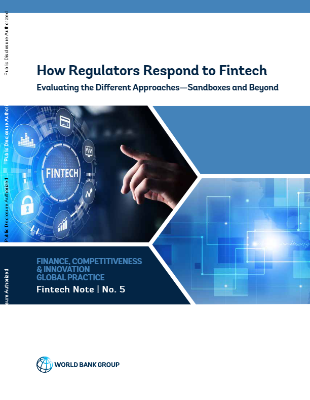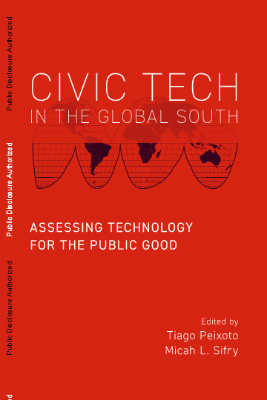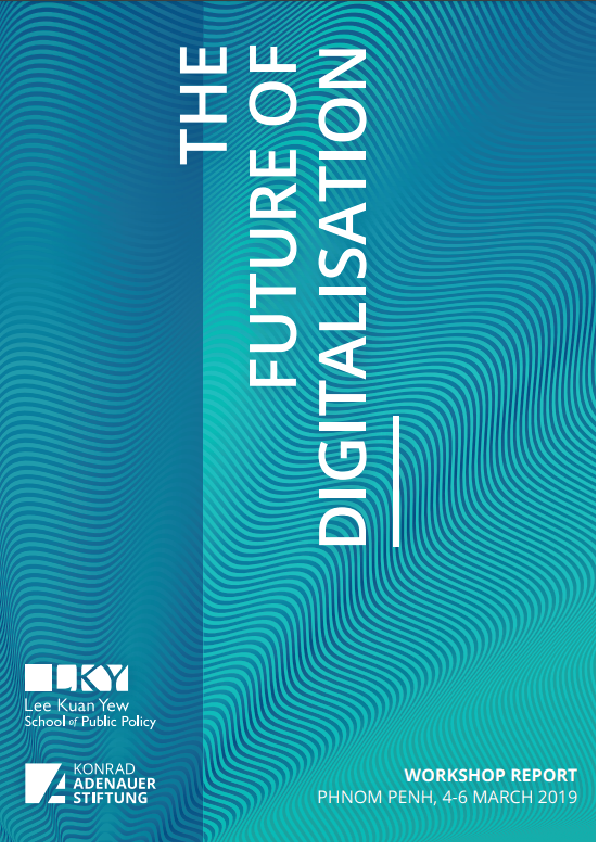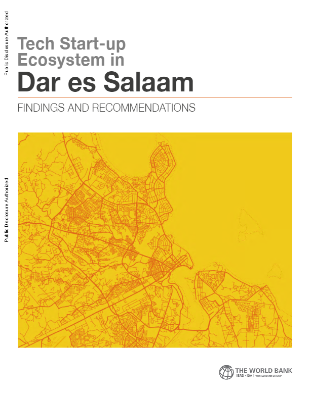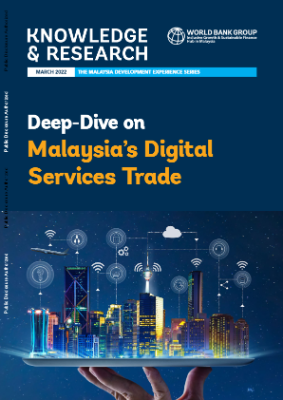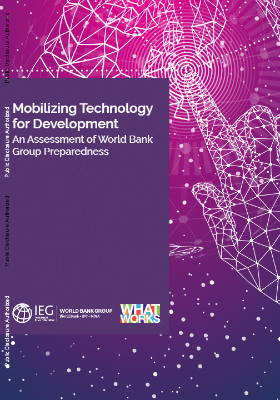Technology enabled innovation in financial services are fast reshaping economic and financial landscape—promising customer-centric products and services, delivered with resilience, diversity and depth. Fintech has the potential to significantly disrupt the traditional business model of financial institutions by enhancing efficiencies, reducing costs and expanding access to financial services. While presenting opportunities, Fintech also presents risks at both the macro and micro levels.
Digital disruption however is not new, and we have long been able to summon movies, food, cars and flowers at the touch of a button. However, the impact on the financial sector is different, primarily due to a) the macroeconomic impact it can have on financial integrity and stability, b) the challenges it poses for regulators and policymakers and the potential legal amendments that might be required and c) the risks towards consumers. This makes it vitally important that as policymakers foster an enabling environment,21 the financial sector policy framework and the potential risks to statutory objectives are monitored closely and mitigated.
This has led to financial sector policymakers, regulators and supervisors worldwide finding themselves in a regulatory dilemma when trying to achieve the right balance between enabling innovative Fintech and safeguarding the financial system. Regulators are facing many impediments to striking this balance, and effectively supervising and regulating emerging innovations remains a challenge. According to the Regulating Alternative Finance23 report, which surveyed 111 jurisdictions, the top four reported impediments to effectively supervising emerging innovation include (i) limited technical expertise (65 percent); (ii) limited funding / resources (48 percent); (iii) jurisdiction over the activity is unclear or limited (41 percent); and (iv) need to coordinate the activities of multiple regulators (38 percent).
To this end, in response to requests from policymakers keen to foster Fintech’s potential benefits and to mitigate its possible risks, the WBG and IMF in collaboration developed the “Bali Fintech Agenda” (BFA). As individual countries formulate their policy approaches, the BFA brings together and advances key issues for policymakers and the international community to consider. It distills these considerations into 4 key objectives:
- Objective 1: Foster enabling environment to harness opportunities
- Objective 2: Strengthen financial sector policy framework
- Objective 3: Address potential risks and improve resilience
- Objective 4: Promote international collaboration
